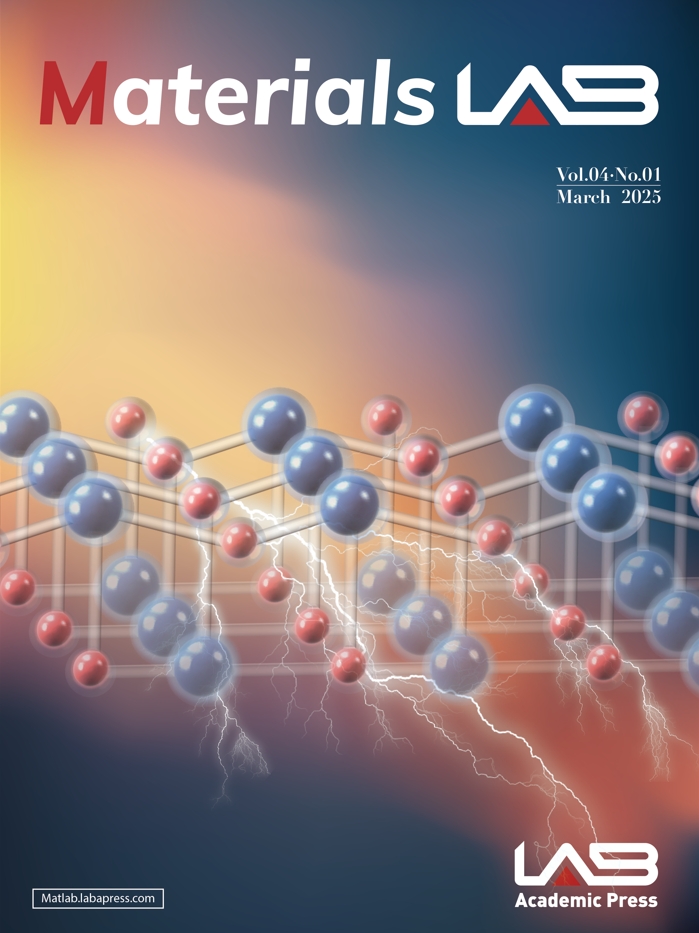| Citation: | Xia Liu, Zhenyu Zhang, Jie Liu, Xiang Gao, Bilan Wang. 2025. Research on α-Mangostin Nanoformulations for Anti-Ovarian Cancer. Materials Lab. doi: 10.54227/mlab.20250003 |
Research on α-Mangostin Nanoformulations for Anti-Ovarian Cancer
-
Abstract
Ovarian cancer is a type of malignant tumor with a high incidence rate, poor prognosis, and a tendency to relapse. There is a lack of effective therapeutic drugs in the treatment process of ovarian cancer. Alpha-mangostin, an oxyanthenone-type compound, has anti-tumor biological activities. Compared with traditional chemotherapeutic drugs, the advantage of natural source chemotherapeutic drugs lies in lower toxicity, killing tumor cells while reducing damage to normal cells, alleviating the adverse reactions and multi-drug resistance caused by chemotherapy. The nanoformulation was prepared using the thin-film dispersion method, with a particle size of approximately 60 nm. Compared to other drug formulations, its advantage lies in its good biocompatibility. Hydrogels are excellent drug carriers, possessing temperature sensitivity that enables controlled drug release. In this study, the water gel was used as a carrier to wrap the alpha-mangostin nanoparticles to form a nanocomposite hydrogel, and its effects on ovarian cancer cells were evaluated comprehensively, including cell proliferation, apoptosis, and cytotoxicity. Research has confirmed that alpha-mangostin nano-hydrogels can induce apoptosis and inhibit cell proliferation, showing good therapeutic effects on ovarian cancer cells. In summary, alpha-mangostin hydrogel has the potential to become a novel drug formulation for the treatment of ovarian cancer.
-
Keywords:
- Alpha-mangostin /
- apoptosis /
- hydrogel /
- ovarian cancer /
- proliferation
-

-
Rights and permissions
This is an open access article under the terms of the Creative Commons Attribution License, which permits use, distribution and reproduction in any medium, provided the original work is properly cited.


 DownLoad:
DownLoad:
